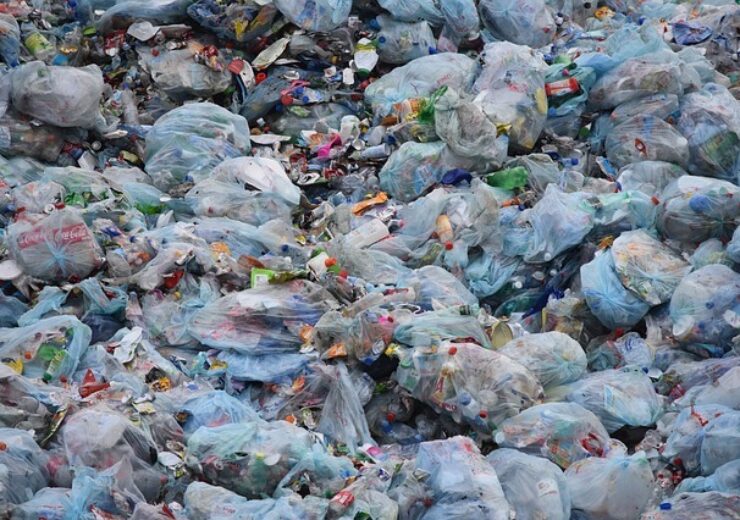As part of the Digital Watermarks Initiative HolyGrail 2.0, the partnership will work with Denmark’s City of Copenhagen to carry out the semi-industrial test phase of the pilot

AIM and AEPW will work with the City of Copenhagen to conduct packaging waste sorting trial. (Credit: Ben Kerckx from Pixabay)
The Association des Industries de Marque (AIM), the European Brands Association, has collaborated with the Alliance to End Plastic Waste (AEPW) for the next phase of testing digital watermarks for intelligent sorting of packaging waste.
As part of the Digital Watermarks Initiative HolyGrail 2.0, the partnership will work with the City of Copenhagen, Denmark to carry out the semi-industrial test phase of the pilot.
Over the next four months, a prototype sorting detection unit will be installed at the Amager Resource Centre (ARC) in Copenhagen.
The ARC will be used to conduct trials and demonstrations with around 125,000 pieces of packaging, which represent up to 260 different stock-keeping units (SKUs).
Engineers will evaluate various parameters, including the speed and accuracy of the system, to confirm its ability to withstand the pressures of full-scale industrial operations.
Based on the success of the semi-industrial trials, the digitally watermarked products will be launched in Denmark, France and Germany in the first half of next year for in-market demonstrations and industrial-scale trials.
With the size of a postage stamp, the digital watermarks are imperceptible codes that cover the surface of a consumer goods packaging and carry a range of attributes such as packaging type, material and usage.
The high-resolution camera, which can detect and decode the digital watermark, will be used to scan the collected used packaging on the sorting line.
Later, the packaging will be sorted into corresponding streams based on specified attributes such as food, non-food and polymer types.
The process is said to facilitate more accurate sorting streams and higher quality recyclates to place back into the plastic packaging value chain.
The HolyGrail 2.0 project, which was launched in September last year, consists of more than 130 participating companies and organisations across the complete packaging value chain.
AIM director general Michelle Gibbons said: “We are delighted to enter the next phase of semi-industrial testing within the Digital Watermarks Initiative together with our new partner, the Alliance to End Plastic Waste.
“An initiative like this can only thrive with the wide support of different key stakeholders in terms of expertise, but of course also financial support.”
HolyGrail 2.0 is expected to enter the phase of in-market demonstrations next year, as semi-industrial trials were commenced.
